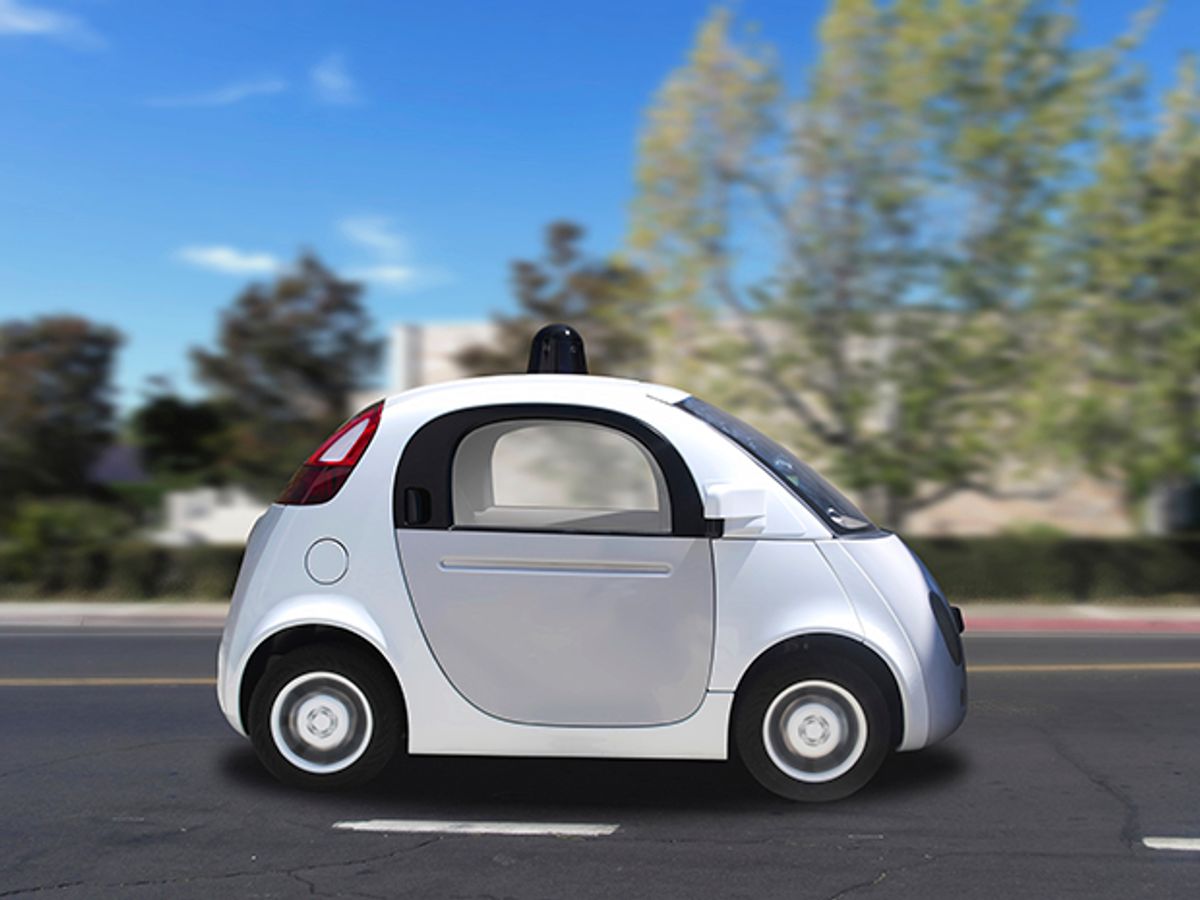California’s traffic regulatory agency says it hopes to issue rules on driverless cars next month. If so, they’ll come a whole year later than the state legislature had demanded.
“There are so many things in these regulations that are really complicated that it has taken a long time," Jessica Gonzalez, a spokeswoman for the California Department of Motor Vehicles said on Wednesday, according to the Sacramento Business Journal.
Back in May of 2014 it sure seemed that DMV experts were working hard to meet the legislature’s December 31, 2014 deadline. They held public hearings, consulted with industry leaders, such as Google, Daimler and General Motors, and even issued some licenses for experimental cars made by those companies and by academics.
But such cars can be tested only if a qualified driver sits behind the wheel. California has licensed 98 such test vehicles from 10 companies; 73 of the cars belong to Google.
Tesla Motors has taken the first fraught step of putting self-driving tech directly in the hands of its customers. To fend off lawsuits (and perhaps government action) it is simply warning those customers not to use the tech when they shouldn’t. For instance, the Tesla Model S will sound an alarm if the driver removes hands from the wheel for more than a few seconds, and the car won’t change lanes unless the driver hits the turn signal. So far, neither California nor any other state has said that there’s anything wrong with that.
Where have we seen all this before? With the Federal Aviation Commission, which has taken its sweet time obeying the order of the U.S. Congress—four years ago—to produce rules on the commercial use of drones. Meanwhile, amateurs and companies alike are using drones for all sorts of missions and daring the FAA to do something about it. “A disaster will happen, and they [the FAA] will come up with rules afterwards,” complained one attendee at a conference Spectrum covered a few weeks ago.
Because of this cover-your-posterior procrastination, the United States risks losing its technical edge in fields its engineers pioneered to countries with sharper rule-makers. The Netherlands, the United Kingdom and Germany have designated public spaces as testbeds for autonomous cars, and Canada, Australia and others have been smoothing the way for commercial drones as well.
Philip E. Ross is a senior editor at IEEE Spectrum. His interests include transportation, energy storage, AI, and the economic aspects of technology. He has a master's degree in international affairs from Columbia University and another, in journalism, from the University of Michigan.



